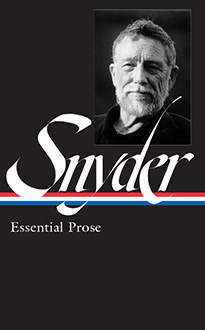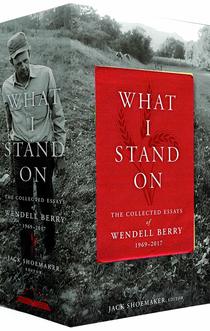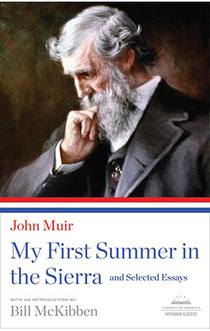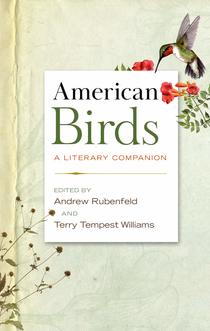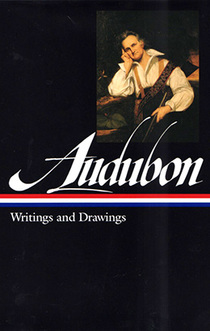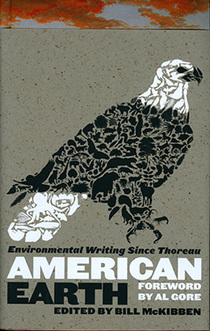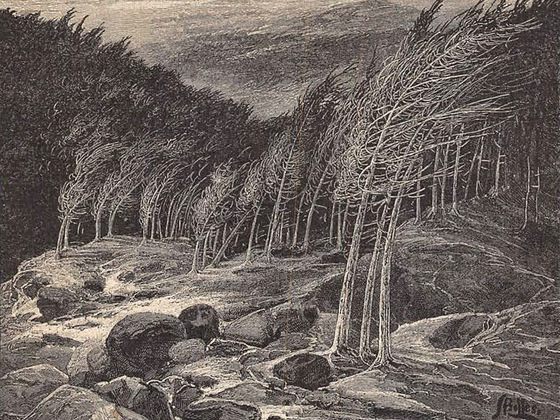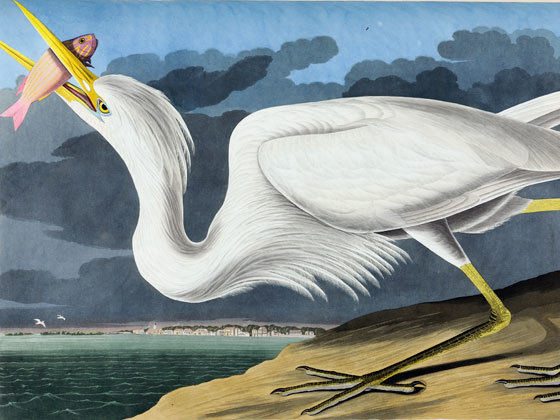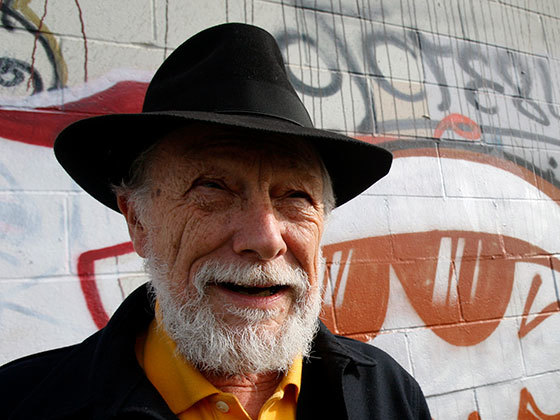Nature & Environmental Writing
Order both Loren Eiseley volumes in a boxed set and save $10!
The second volume of The Library of America’s landmark collection of Loren Eiseley’s essays opens with The Invisible Pyramid (1970), a book of meditations on the origins and possible futures of humankind set against the backdrop of the Apollo 11 landing. As Western civilization attains new heights of scientific awareness and technological skill, is it also blind to its own limits, doomed to destroy itself like the lost civilizations of the ancients or other “spore-bearers” in our evolutionary past? Eiseley makes an urgent, environmentalist plea in these essays: we must protect the planet from which we emerged against our unchecked power to overpopulate and pollute and consume it.
The essays in The Night Country (1971) look not to the stars but backward and inward: to the haunted spaces of Eiseley’s lonely Nebraska childhood and to those moments, often dark and unexpected, when chance observations disturb our ordinary understandings of the universe. The naturalist here seeks neither “salvation in facts” nor solace in wild places: encountering an old bone, or a nest of wasps, he recognizes what he calls “the ghostliness of myself,” his own mortality, and the paradoxes of the evolution of consciousness.
Shortly before his death, Eiseley made plans for what would be his last book, published posthumously as The Star Thrower (1978). Here are late essays on the life and legacy of Henry David Thoreau, the writer to whom he turned more often than any other; thoughts on the “two cultures” he sought to bring together throughout his career; and on the relations between hard science and “awe before the universe.” Of particular interest are two early stories discovered among his papers, “The Dance of the Frogs” and “The Fifth Planet.”
William Cronon, editor, is America’s leading environmental historian. A winner of a MacArthur Fellowship, he is the author of Changes in the Land: Indians, Colonists, and the Ecology of New England (1983) and Nature’s Metropolis: Chicago and the Great West (1991), and he currently serves as Frederick Jackson Turner and Vilas Research Professor at the University of Wisconsin–Madison.
This Library of America series edition is printed on acid-free paper and features Smyth-sewn binding, a full cloth cover, and a ribbon marker.
Project support for this volume was provided by The Gould Family Foundation.
This volume is available for adoption in the Guardian of American Letters Fund.
